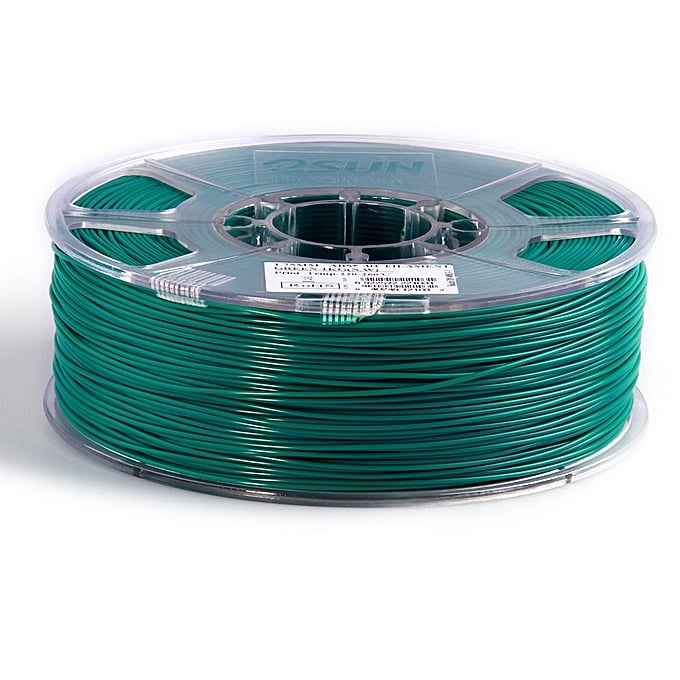Description
3D Printer Filament PLA 2.85 mm (Random Colours) - One Kilogram
ABS is popular for it’s toughness and impact-resistant properties. This strength and moderate flexibility that makes it such a great choice for printing in 3D.
ABS print temperature range: 210°C – 250°C (high)
Applications of an ABS 3D Filament
ABS filament is a great choice for printing plastic automotive parts, moving parts, musical instruments, kitchen appliances, electronic housings, and various toys, like LEGO. It has other applications too, aside from 3D printing. For example, traditional manufacturers use ABS to make plastic wrap, water bottles, and cups, to name a few uses. Despite its popularity for 3D printing, ABS is not the best filament for most home users. This is because it has a high melting point that needs to print on a heated surface, or bed. A heated printer bed is not something a lot of budget-range 3D printers come equipped with. Printing with ABS also produces unpleasant fumes that can irritate some people. Needless to say, good ventilation is essential. These things combined make ABS a material favored more by professionals than amateur users.
Pros and cons of an ABS 3D Filament
Pros
- A durable, strong 3D filament
- Quite flexible and lightweight
- Cheapest thermoplastic available at the time of writing
- Most favored material among professional 3D printers and keen armatures
Cons
- ABS is petroleum-based, making it a non-biodegradable material
- Needs a high temperature to reach its melting point
- Creates unpleasant fumes, most notable in poorly ventilated spaces
Note: We Ship Random Colours as per the availability.
undefined




